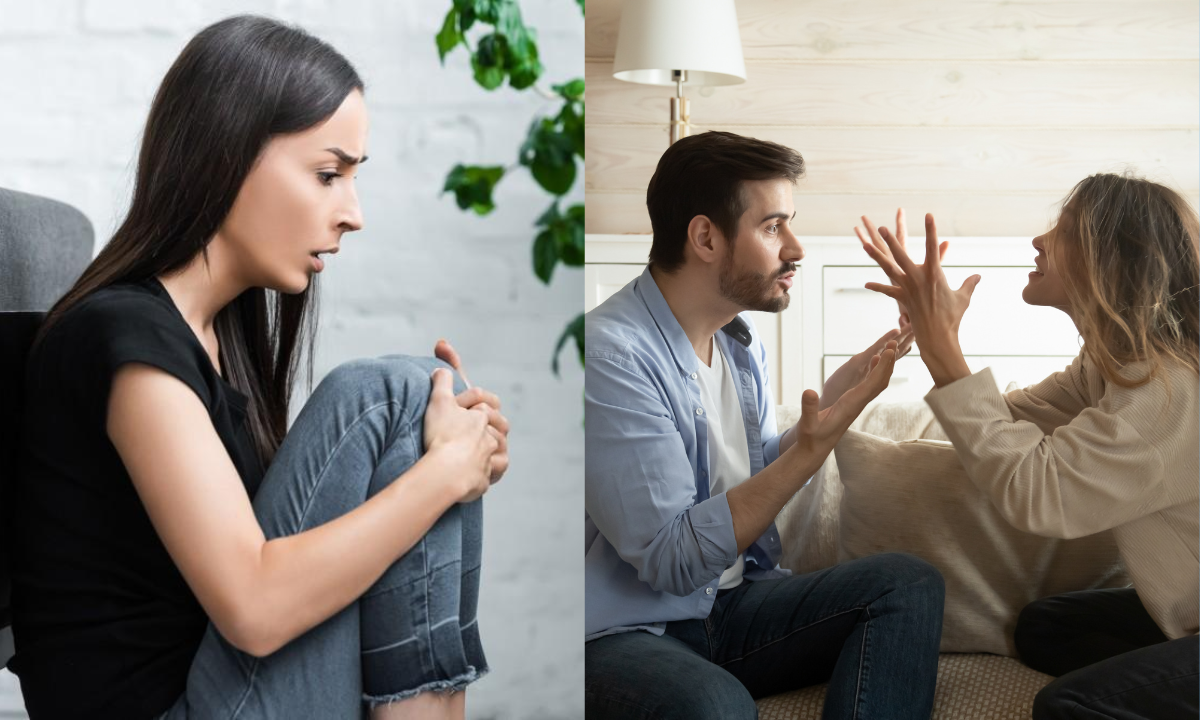Stress is normal and everyone experiences it in response to situations considered threatening or dangerous. When you’re stressed, your body responds by producing physical and mental reactions. These stress responses can be positive, keeping you alert to danger, motivated, or adaptable to new situations.
Stress in itself is not an illness but when you experience it frequently, it increases the risk of mental health conditions such as depression, anxiety, psychosis, and substance use problems.
Is stress a mental health problem?
Stress is not normally considered a mental health problem. But it is connected to our mental health in several ways:

Behavioural and emotional disorders
Types of Behavioral Disorders
Attention-Deficit/Hyperactivity Disorder (ADHD)
Characterized by symptoms of inattention, hyperactivity, and impulsivity. Individuals may struggle to focus, sit still, or control their impulses.
Oppositional Defiant Disorder (ODD)
Involves a pattern of angry, irritable mood, argumentative behavior, and defiance toward authority figures. Children with ODD may often lose their temper, argue with adults, or refuse to comply with requests.
Conduct Disorder (CD)
More severe than ODD, this disorder includes behaviors that violate the rights of others or societal norms. This can include aggression, destruction of property, deceitfulness, or serious rule violations.
Disruptive Mood Dysregulation Disorder (DMDD)
Characterized by severe temper outbursts that are out of proportion to the situation, along with a persistent irritable or angry mood.
Types of Emotional Disorders
Anxiety Disorders
Generalized Anxiety Disorder (GAD):
Characterized by excessive worry about various aspects of life.
Panic Disorder:
Involves recurrent panic attacks and fear of future attacks.
Social Anxiety Disorder:
Intense fear of social situations and being judged.
Mood Disorders
Depression:
Persistent feelings of sadness, hopelessness, and a loss of interest in activities.
Bipolar Disorder:
Extreme mood swings, including episodes of mania and depression.
Post-Traumatic Stress Disorder (PTSD)
Develops after experiencing or witnessing a traumatic event, leading to flashbacks, nightmares, and severe anxiety.
Obsessive-Compulsive Disorder (OCD)
Involves intrusive thoughts (obsessions) and repetitive behaviors (compulsions) aimed at reducing anxiety.
Eating Disorders
Conditions like anorexia nervosa and bulimia nervosa, which involve unhealthy relationships with food and body image.
Symptoms
Common symptoms of emotional disorders can include:
- Persistent sadness or irritability
- Excessive worry or fear
- Changes in appetite or sleep patterns
- Difficulty concentrating
- Loss of interest in previously enjoyed activities
Depression

Depression is classified as a mood disorder. It may be described as feelings of sadness, loss, or anger that interfere with a person’s everyday activities.
It’s also fairly common. Data from the Centers for Disease Control and Prevention Trusted Source estimates that 18.5 percent of American adults had symptoms of depression in any given 2-week period in 2019.
Though depression and grief share some features, depression is different from grief felt after losing a loved one or sadness felt after a traumatic life event. Depression usually involves self-loathing or a loss of self-esteem, while grief typically does not.
Symptoms of depression
- persistent depressed mood
- loss of interest or pleasure in hobbies and activities
- changes in appetite and body weight
- unusually slow or agitated movements
- decreased energy or fatigue
- difficulty sleeping or oversleeping
- excessive feelings of guilt or worthlessness
- difficulty concentrating or making decisions
- thoughts of death or suicide, or suicide attempts
Paranoia

Paranoia is a thought process that causes you to have an irrational suspicion or mistrust of others. People with paranoia may feel like they’re being persecuted or that someone is out to get them. They may feel the threat of physical harm even if they aren’t in danger.
People with dementia sometimes have paranoia, and it also can occur in people who use drugs. Paranoid thoughts can also be a symptom of a mental illness or a personality disorder.
Symptoms of paranoia
- constant stress or anxiety related to beliefs they have about others
- mistrust of others
- feeling disbelieved or misunderstood
- feeling victimized or persecuted when there isn’t a threat
- isolation
Post-traumatic stress disorder
Post-traumatic stress disorder (PTSD) is a mental health condition caused by very stressful, frightening or distressing events.
Symptoms of post-traumatic stress disorder (PTSD)
Someone with PTSD often relives the traumatic event through nightmares and flashbacks, and may experience feelings of isolation, irritability and guilt.
they may also have problems sleeping, such as insomnia, and find concentrating difficult.
These symptoms are often severe and persistent enough to have a significant impact on the person’s day-to-day life.
Causes of post-traumatic stress disorder (PTSD)
Any situation that a person finds traumatic can cause PTSD.
These can include:
- serious road accidents
- violent personal assaults, such as sexual assault, mugging or robbery
- serious health problems
- childbirth experiences
Schizophrenia
Schizophrenia is a mental disorder characterized by disruptions in thought processes, perceptions, emotional responsiveness, and social interactions. Although the course of schizophrenia varies among individuals, schizophrenia is typically persistent and can be both severe and disabling.
Symptoms of schizophrenia include psychotic symptoms such as hallucinations, delusions, and thought disorder (unusual ways of thinking), as well as reduced expression of emotions, reduced motivation to accomplish goals, difficulty in social relationships, motor impairment, and cognitive impairment. Although symptoms typically start in late adolescence or early adulthood, schizophrenia is often viewed from a developmental perspective. Cognitive impairment and unusual behaviors sometimes appear in childhood, and persistent presence of multiple symptoms represent a later stage of the disorder. This pattern may reflect disruptions in brain development as well as environmental factors such as prenatal or early life stress. This perspective fuels the hope that early interventions will improve the course of schizophrenia which is often severely disabling when left untreated.


